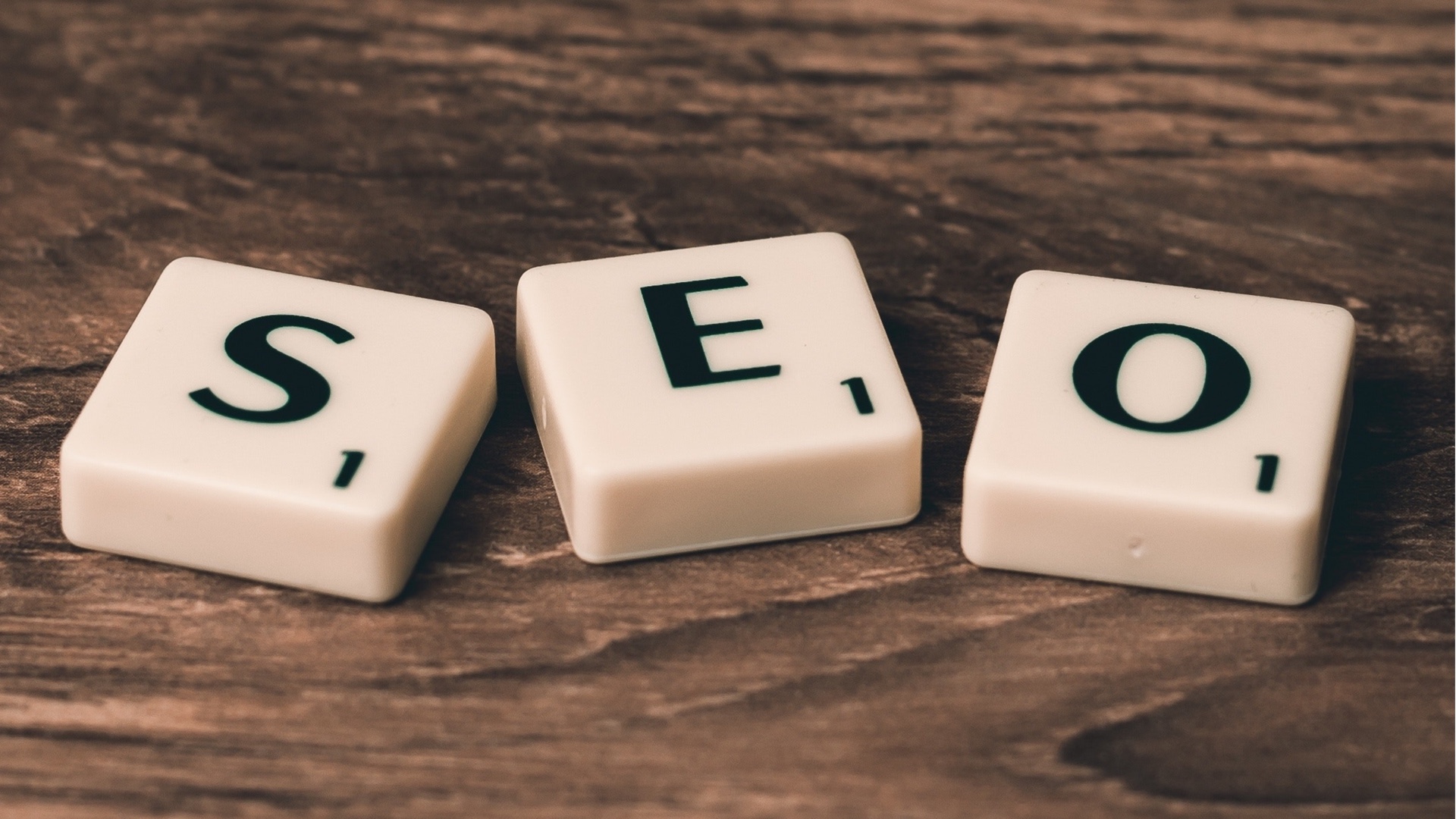Have you ever visited a website and be extremely frustrated by the amount of time it takes to load the landing page, let alone the other pages on the site like the "About us" and "Contact" page? Well, if your answer to this question is yes, then know now that you are not alone in experiencing slow loading sites.
Whether you are the owner of a website, a webmaster or web developer, the speed of your website is paramount for several reasons. One of such reasons as mentioned already, has to do with user experience. Another reason is that your slow loading website would not rank well on search engines like Google. As a matter of fact, Google has gone through the pain of providing a set of tools that web developers and webmasters can use to vastly enhance the load speed of the websites they developed and manage.
What is the Page Speed?
For the uninitiated, the page speed of a site is basically the volume of time it takes for a page on the website to load completely. The page speed of a site is influenced by many factors, such as; the design of the site and even the web hosting. However, the good news is that whatever factor adversely affects the page speed of a site, it can be rectified and the load speed optimized in the process. Page speed can make or mar the success of a website. Sites with a fast page speed are likely to have better traffic and conversion rates.
Page Speed affects user experience
Apart from the importance of SEO ranking on search engines like Google, page speed is also important to the general business of a website. If visitors to a site find loading the website landing page and other pages a chore, there is every likelihood that such visitors would not return to the site. To most visitors, user experience is everything and to website owners, an enhanced user experience normally translates to improved conversion rates. Ultimately, a fast page speed significantly improves user experience and conversions to the benefit of the website owner.
Factors that affect Page Speed
There are several factors that affect the page speed of a site. Here are a few worth noting:
- Code Density: For a much faster load speed, the density of your HTML/CSS website code needs to be minimized.

Inexpensive Host: If you are very conscious of the hosting cost, you may run into a lot of difficulty with your page speed in the long-run. It may be better for you to pay top dollar if you want a more consistent and faster page speed.
Embedded Audio-Visual Content: While audio-visual content (especially from other websites) can improve the user experience of visitors to your site, they can also reduce the page loading speed. To improve your page speed, the audio-visual content can be saved on your web host.
One too many Adverts: When there are too many adverts on your website, they slow the loading speed as well as frustrate visitors.
High Definition (HD) Images: The page speed of your website can be adversely affected by the quality of images on your site. HD images in particular can make your website pages drag on while loading. Compressing the images on your site is therefore important and two formats you can use are JPEG and PNG.
Other than these aforementioned factors, a complex website theme, widgets, unoptimized apps, plugins and browser can also adversely influence the page speed of your site.
Page Speed is a parameter for Google SEO ranking
In 2010, Google made the pronouncement that page speed would become an SEO ranking parameter for websites on its search engine. In fact, by 2021 the ranking of websites based on their quality and overall user experience will be partly reliant on three new factors, namely; the site loading performance, the user interactivity of the site during the loading process and the level of stability of the site content during the loading process.

Page speed is now a key factor included in the search engine algorithms of Google and the page speed of a site is now one of many indices used by Google in ranking and penalizing slow websites.
According to Google, the majority of the content of a page (about 90%) should be loaded in less than 3 seconds. With regards to the user interactivity of a website, Google utilizes the First Input Delay or FID metric in measuring the speed at which visitors to a site can start interacting with a site page.
The standard for user interactivity according to Google should be in about 100 milliseconds of a site loading. Google also uses the Cumulative Layout Shift or CIS in measuring the level of stability of objects (that is how the objects move around) within a page as the page loads.
Tools to analyze Website Page Speed
There are several tools for analyzing the page speed of a website that webmasters, web developers and website owners can use to improve the page speed of their sites and as a consequence boost their SEO ranking on search engines like Google. Three of these tools include;
Page Speed Insights: A free page speed performance tool from Google that provides critical insights on the problems affecting your website page speed. For example, poor HTML/CSS coding, heavy images, a complex theme and so on.
GTMetrix: Another free tool that shows how your website performs, why it is slow and how you can optimize.
In Conclusion
With Google having page speed as one of many important factors for determining the SEO ranking and even the type of penalty for websites, it has become pertinent that website owners, webmasters and web developers work towards optimizing the page loading speed of their websites. Aside from SEO ranking, page speed is equally important to a website owner as a fast page speed can greatly improve traffic and also conversions.
